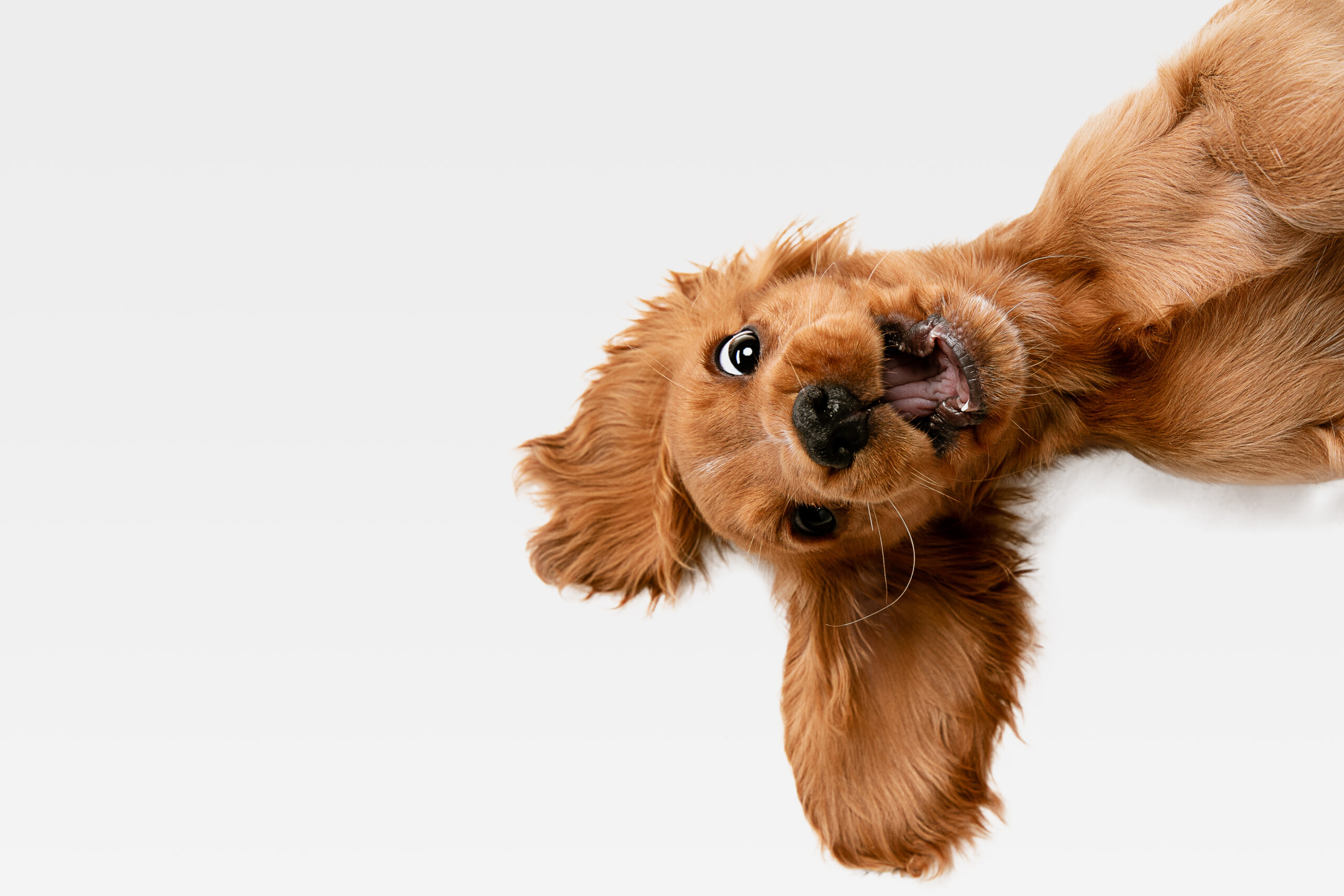When considering a new canine companion, it’s essential to recognize that some dog breeds, while irresistibly adorable, can be quite demanding in terms of care, attention, and training.
These breeds might overwhelm a novice dog owner or someone unprepared for their specific needs. Here’s a look at such dog breeds that have energy which may be too much for some people to handle, despite their charming appearance.
1. Border Collie
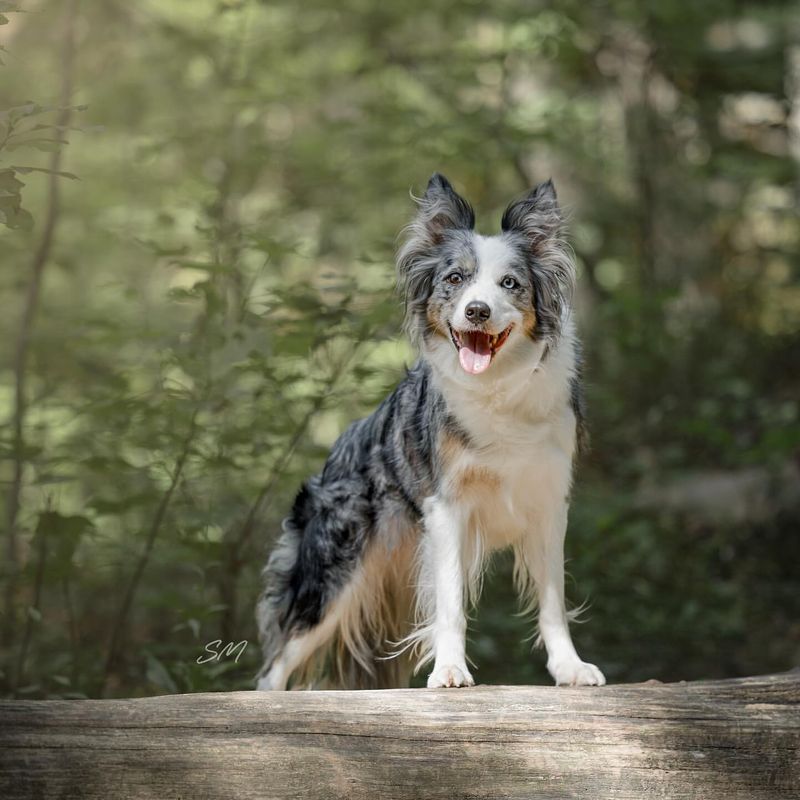
Among the most intelligent dog breeds, Border Collies are known for their energy and work ethic. They thrive in environments where they have a job to do, often excelling in herding and agility trials. This breed’s intelligence means they need constant mental stimulation, or they can become bored.
Owners of Border Collies must be prepared for daily exercise routines that challenge both the dog’s body and mind. A simple walk won’t suffice for this active breed. They need tasks that allow them to use their problem-solving skills.
Without sufficient outlets for their energy, Border Collies can develop behavioral issues or become destructive. They are best suited for active families or individuals who have ample time to dedicate to their needs. If you’re considering this breed, understand the commitment required to keep them happy and healthy.
2. Australian Shepherd
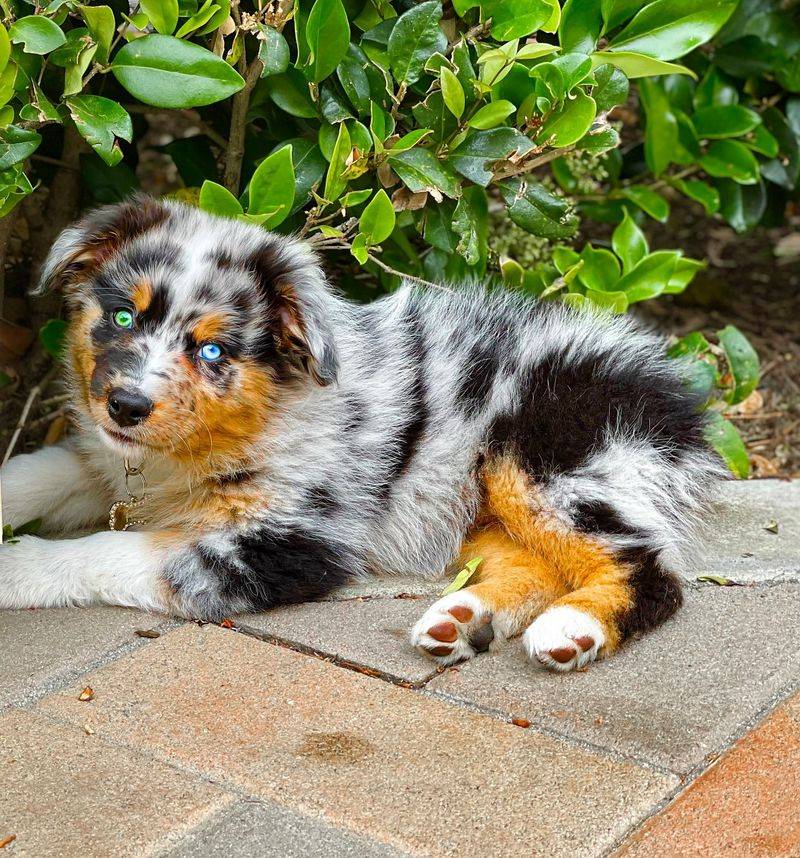
Australian Shepherds are bundles of energy mixed with intelligence. They require a lot of physical activity and mental stimulation, making them unsuitable for sedentary lifestyles. Originally bred to herd livestock, they have an innate drive to work and stay busy.
This breed is incredibly loyal and thrives on human interaction. They need more than just a few fetch sessions; activities like agility or obedience training suit them best. Given their smart nature, they pick up commands quickly but can also become stubborn if not properly trained.
Aussie Sheps can suffer from separation anxiety if left alone for too long. Potential owners need to be ready for a dynamic companion who demands attention and engagement. Their vibrant coat also requires regular grooming to prevent matting and tangles.
3. Jack Russell Terrier
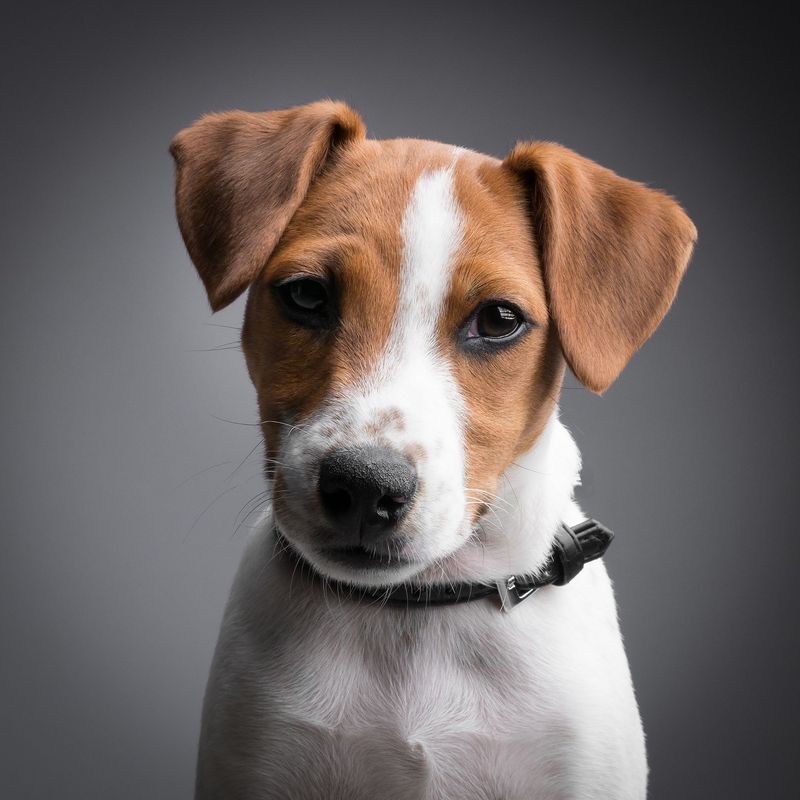
Small yet mighty – that’s the Jack Russel Terrier for you! They are renowned for their boundless energy. Their size can be deceiving, as they pack a significant punch in terms of activity levels. Known for their intelligence, they require plenty of mental and physical challenges each day.
These terriers are natural hunters, possessing a high prey drive. Owners should be prepared for potential digging and chasing behaviors, as these are instinctual traits. They are ideally suited to active individuals who can keep up with their zest for life.
Training a Jack Russell demands consistency and patience. Without proper guidance, they can become stubborn and unmanageable. They thrive in environments where they can participate in activities like flyball or agility courses. Regular exercise is non-negotiable to maintain their happiness and well-being.
4. Siberian Husky
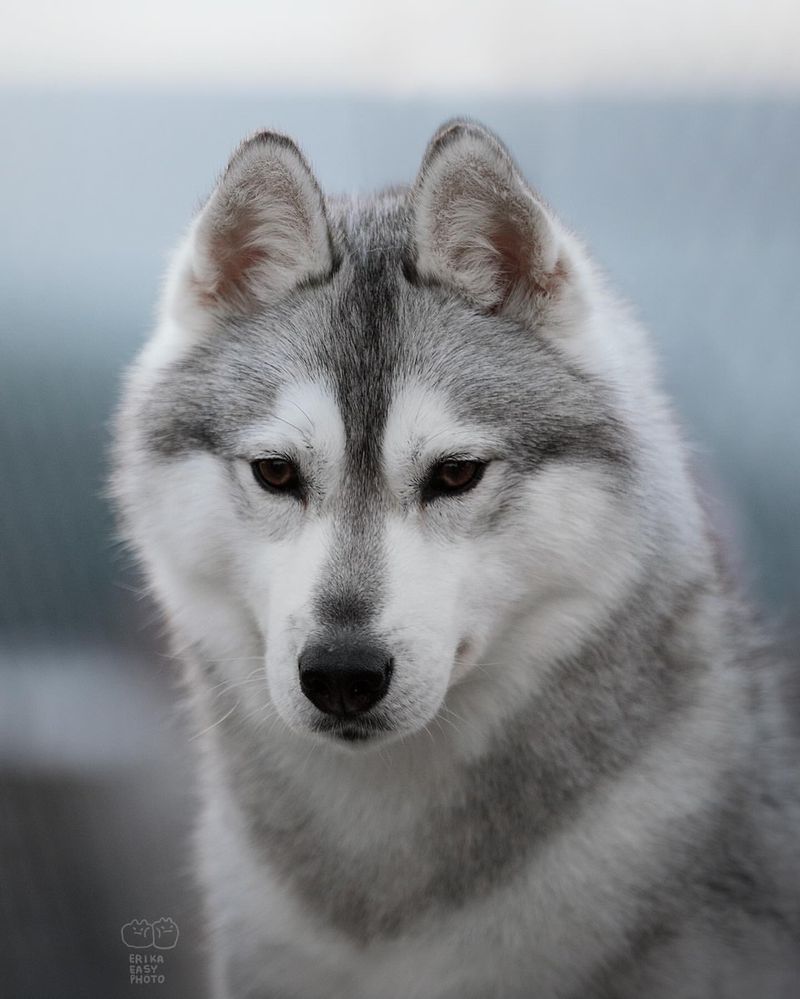
The Siberian Husky is known for its striking appearance and pack mentality. They have a strong desire to run and explore, making them well-suited for owners with an active lifestyle or those who enjoy outdoor activities. Huskies thrive in cold climates and are infamous for their escape artist tendencies.
Owners need secure fencing and should be prepared for a dog that loves to dig and roam. Their independent nature can be challenging for inexperienced owners. Training requires patience and consistency due to their stubborn streak.
While they are friendly and good with families, they may not be the best choice for first-time dog owners. Regular grooming is necessary to manage their thick double coat. They need companionship and don’t like being left alone for prolonged periods.
5. Dalmatian
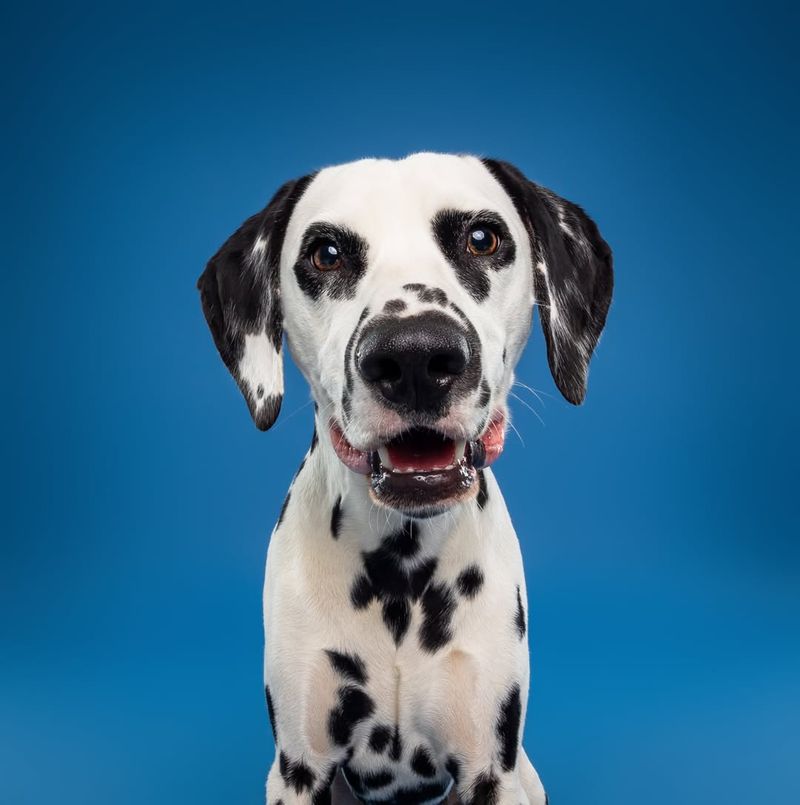
Originally bred as carriage dogs, Dalmatians have a history of working in active roles, which translates into their need for regular exercise today. This breed is known for its intelligence and playful nature but can be prone to developing behavioral issues if not properly trained and socialized.
They require early training to ensure they grow into well-mannered adults. Dalmatians are highly social and enjoy being part of family activities. However, they are not suitable for apartment living due to their size and energy needs.
Their short coat sheds year-round, necessitating regular grooming. Prospective owners must be ready to invest time in exercise and companionship to keep them content.
6. Belgian Malinois
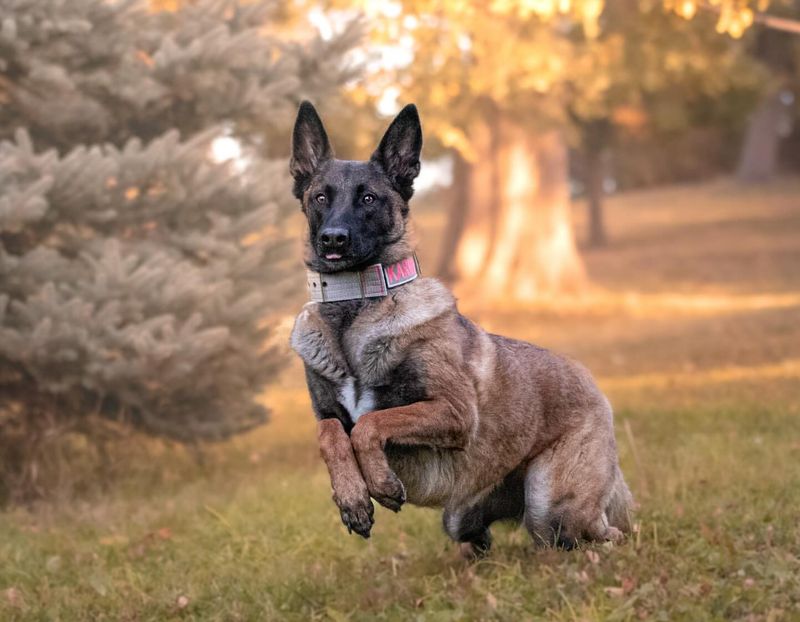
Often used in police and military roles, the Belgian Malinois is a powerhouse of energy and require significant mental and physical challenges. This breed is not for the faint of heart. Malinois thrive in environments where they have a job to do, whether it be obedience, protection work, or agility training.
They excel in structured activities and need an owner who can provide consistent leadership. Their strong protective instincts make them excellent watchdogs, but they need socialization to prevent over-guarding behaviors.
A Belgian Malinois requires an experienced handler who understands their complex needs. Without proper training, they can become anxious or destructive.
7. Chihuahua
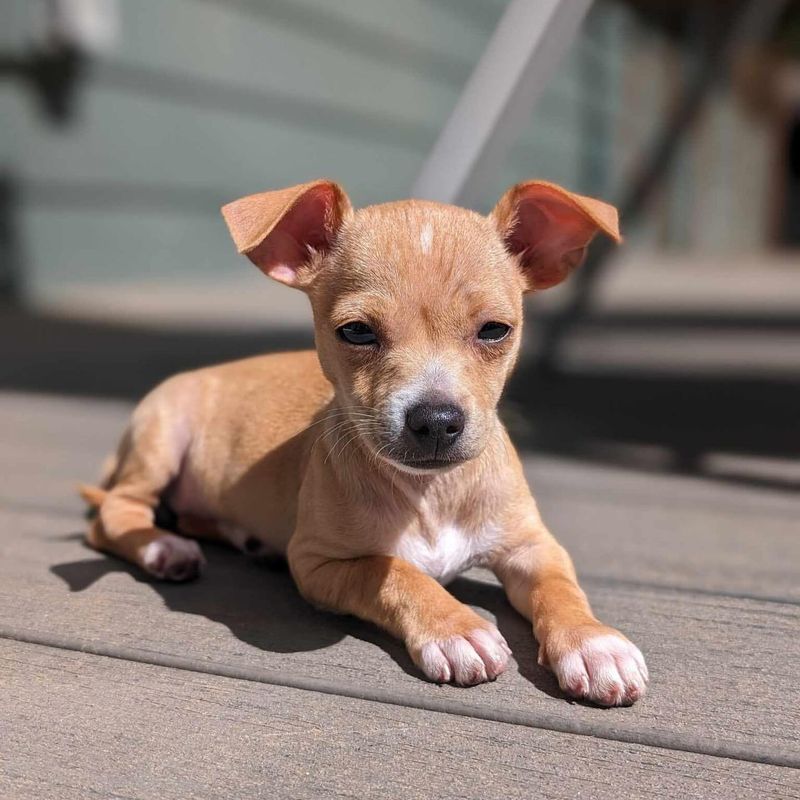
Despite their small size, Chihuahuas pack a punch when it comes to personality. They are known for their fierce loyalty and sometimes sassy demeanor. This breed often bonds closely with one person, which can lead to issues with jealousy or separation anxiety.
Chihuahuas require proper socialization to prevent them from becoming overly protective or nippy. Training should focus on building their confidence and reducing any aggressive tendencies toward strangers.
While their exercise needs are minimal compared to larger breeds, Chihuahuas still benefit from daily walks and playtime. They are perfect for apartment living, but prospective owners must be aware of their vocal tendencies. Regular dental care is also essential due to their predisposition to dental issues.
8. Weimaraner
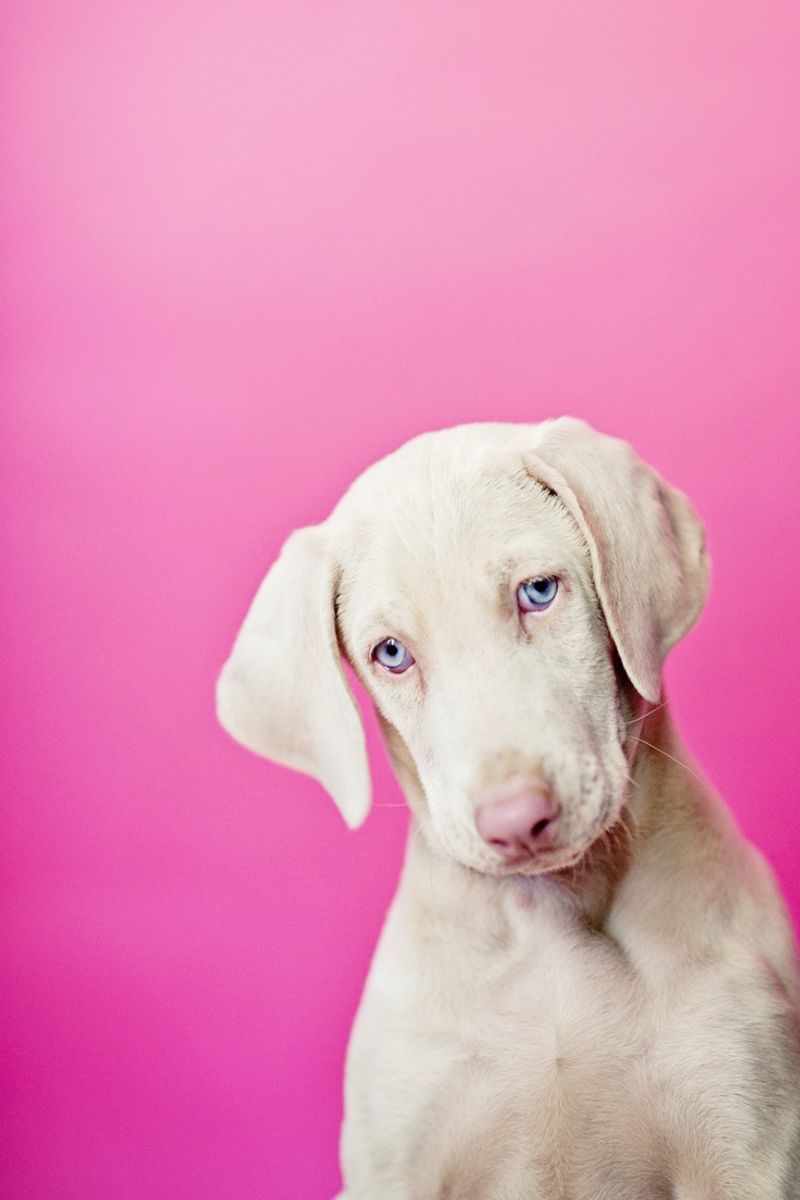
Known as the “Grey Ghost,” Weimaraners are striking dogs with sleek coats and athletic builds. They are highly energetic and require daily exercise to maintain their physical and mental health. Weimaraners form strong bonds with their families and can suffer from separation anxiety if left alone for long periods.
Early training and socialization are crucial to managing their enthusiasm and preventing behavioral issues. This breed excels in obedience and tracking activities, making them ideal for active families who engage in outdoor adventures.
However, their strong prey drive means they should be monitored around smaller animals. Regular grooming helps maintain their coat’s sheen and health.
9. Cocker Spaniel
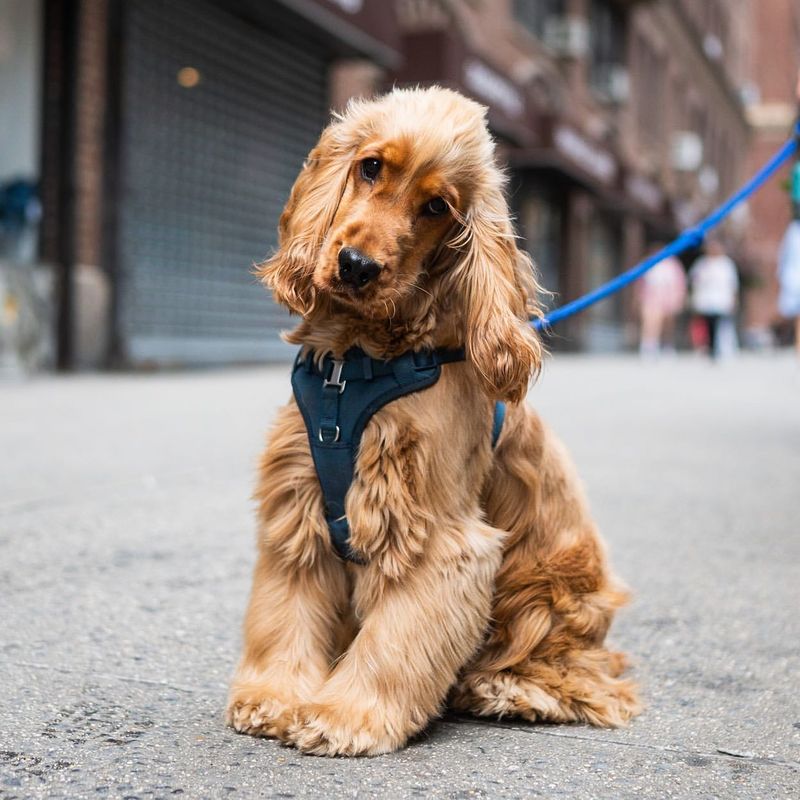
Cocker Spaniels thrive in loving households where they receive plenty of attention and affection. This breed, however, is not just a lapdog. They possess a lot of energy and enjoy activities like hunting, agility, and long walks. Regular exercise keeps them fit and prevents obesity-related health issues.
These doggos need regular grooming to maintain their coat, which can be prone to matting. They also benefit from early training to harness their intelligence and prevent any stubborn tendencies. Owners must be ready to provide companionship and structure to help them flourish.
10. Great Dane
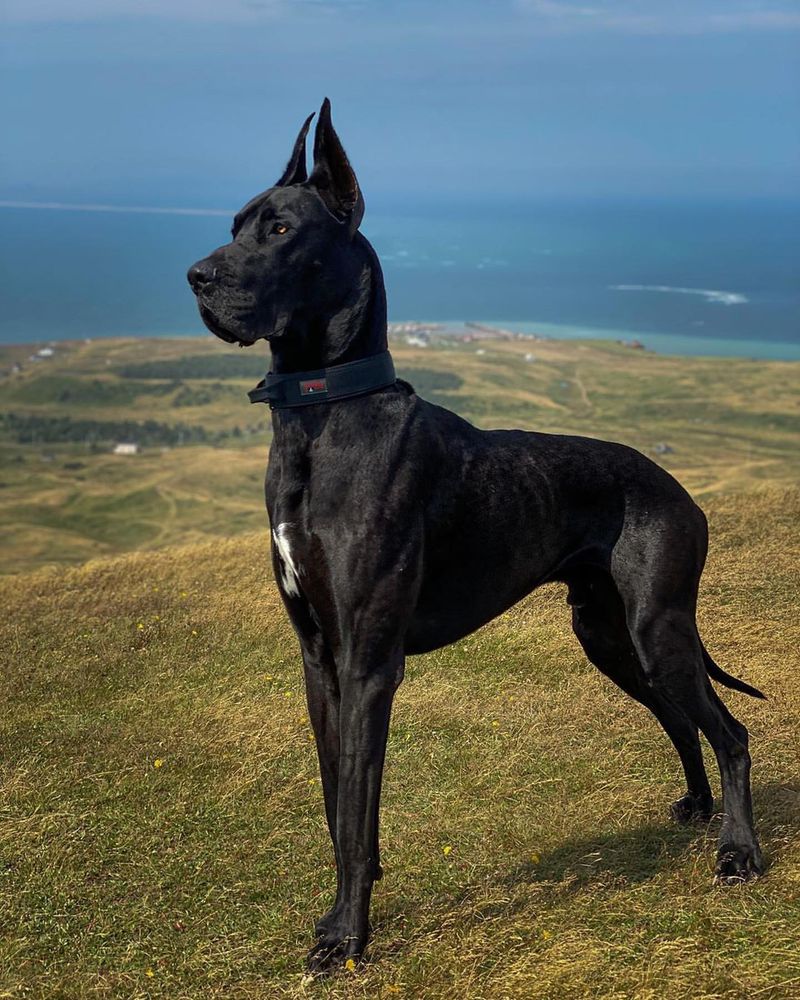
This gentle giant is known for its impressive size and friendly demeanor. Despite their massive stature, they are affectionate and enjoy being close to their human family. Great Danes require plenty of space to move comfortably, making them unsuitable for small apartments.
They benefit from moderate exercise to maintain their health but do not require excessive activity like some smaller, more energetic breeds. Training and socialization from an early age are vital to managing their size and ensuring they are well-behaved.
Their short coat is low-maintenance, but regular grooming helps reduce shedding. Prospective owners must be prepared for the challenges of owning such a large dog, including potential health issues.
11. Rottweiler
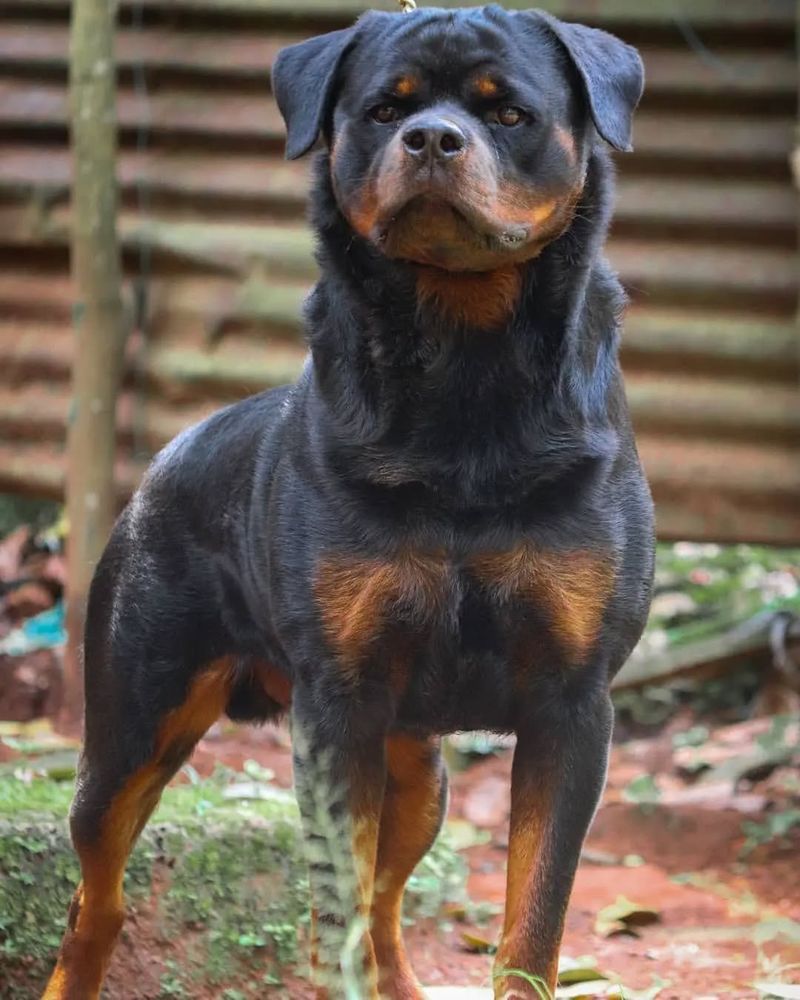
Rotties are loyal and often form deep bonds with their families, making them excellent companions for those who understand them. This breed requires early training and socialization to ensure they grow into well-mannered adults.
With consistent guidance, Rottweilers can be exceptionally obedient and reliable. They are best suited for owners who can provide firm, fair leadership. Rottweilers enjoy regular exercise and thrive in environments where they have a purpose, such as tracking or obedience training.
Their short coat is easy to maintain, but they do shed seasonally.
12. Akita
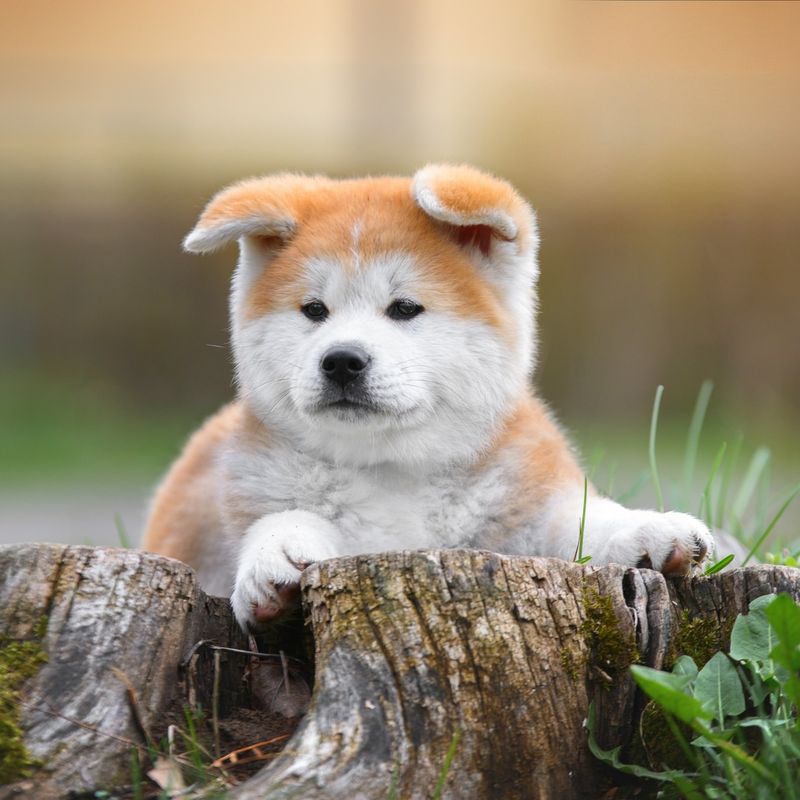
Originating from Japan, Akitas were historically used for hunting bears and guarding royalty. Akitas are best suited for experienced dog owners who understand their independent nature. They require firm training and early socialization to manage their strong-willed temperament.
This breed is not overly active but does need regular exercise to stay healthy. Akitas can be aloof with strangers but are deeply devoted to their families. Their thick double coat requires regular grooming, especially during shedding seasons.
13. Boxer
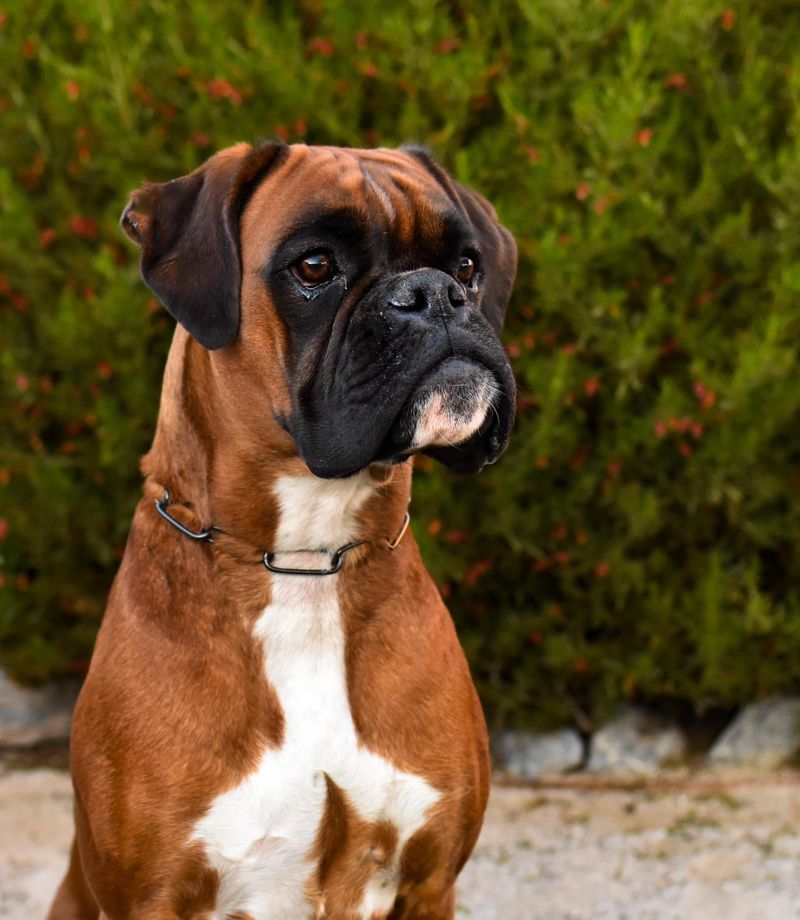
Boxers are energetic dogs who enjoy playing and often stay playful well into adulthood. This breed requires regular exercise and thrives in families that can provide plenty of opportunities for play and interaction. Boxers are known for their loyalty and protectiveness, making them excellent family pets.
Training should begin early to harness their enthusiasm and ensure they are well-behaved. Their short coat is easy to maintain, though they do shed moderately. Boxers are generally healthy but can be prone to certain genetic conditions, so regular vet check-ups are important.
14. Beagle
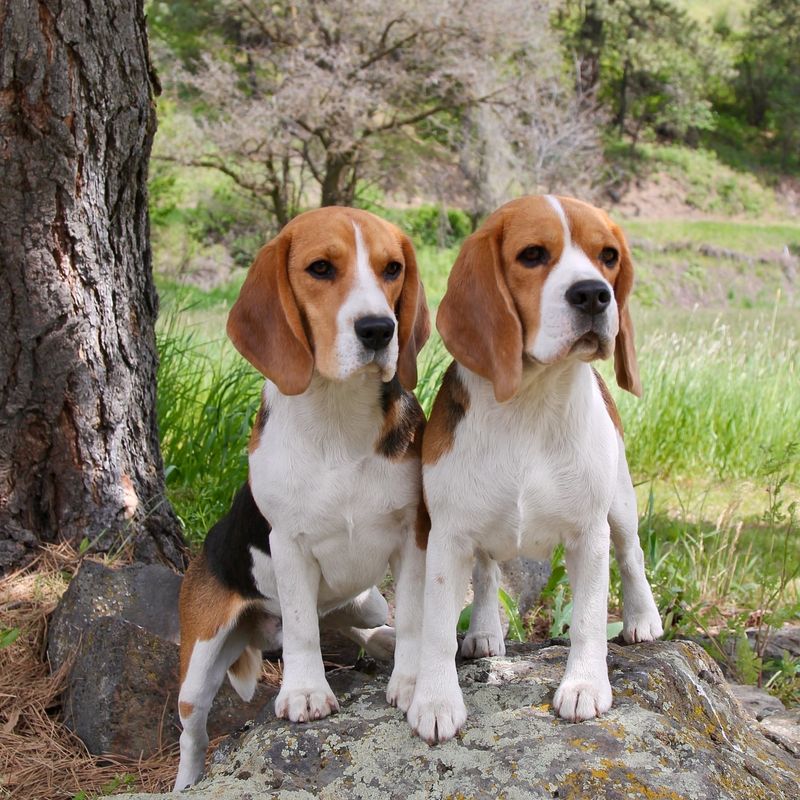
These dogs are friendly, curious, and enjoy being part of a family. This breed requires regular exercise to manage their energy levels and prevent obesity.
Long walks or play sessions in a secure area are ideal for satisfying their need to explore. Beagles are social animals who enjoy the company of other dogs and humans. However, their strong sense of smell can lead them to wander, so keeping them on a lead or in a secure area is essential.
Training can be challenging due to their stubbornness, but patience and consistency can help.
15. Poodle
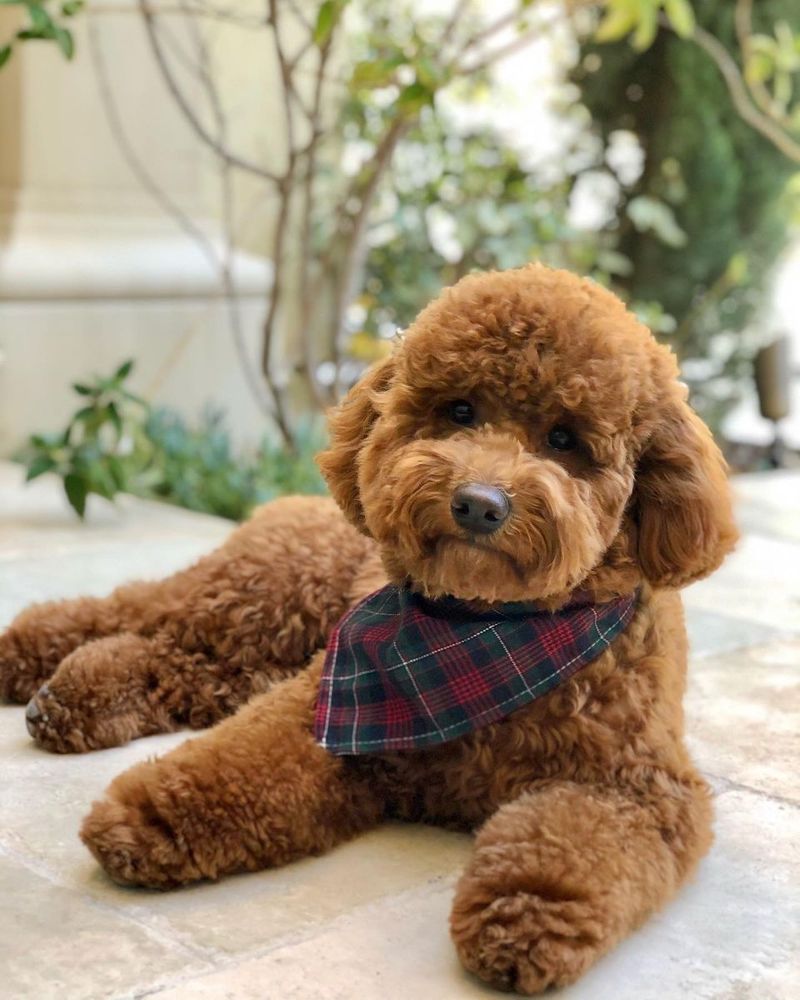
These pups come in three sizes – Standard, Miniature, and Toy – each with its own personality but sharing a need for mental stimulation and exercise. This breed excels in obedience and agility training, making them a favorite for dog sports. Another thing: these dogs are a hypoallergenic breed!
Poodles are often seen as elegant and dignified but have a playful side that enjoys interactive play. Regular grooming is essential to maintain their unique coat and prevent matting. Poodles are generally healthy but can be prone to certain genetic conditions, so regular vet visits are important.
They are perfect for owners who can provide plenty of mental challenges and physical activity.
16. Basset Hound
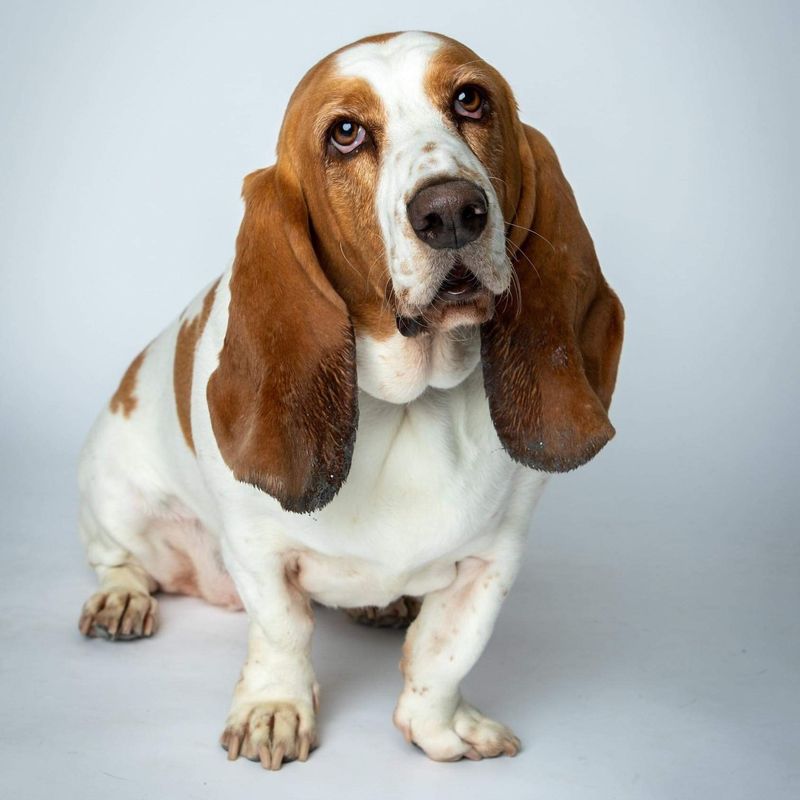
Basset Hounds are distinctive for their droopy ears and soulful eyes. They are gentle and laid-back, making them wonderful companions for those seeking a more relaxed pet. Despite their calm demeanor, Basset Hounds have strong hunting instincts and enjoy exploring new scents during walks.
They require moderate exercise to maintain their health and prevent obesity. This breed is known for being stubborn, which can make training a challenge. Patience and positive reinforcement are key to successful training.
Their short coat is easy to care for, but their ears need regular cleaning to prevent infections. Basset Hounds thrive in loving environments where they can be part of a family.
17. Yorkshire Terrier
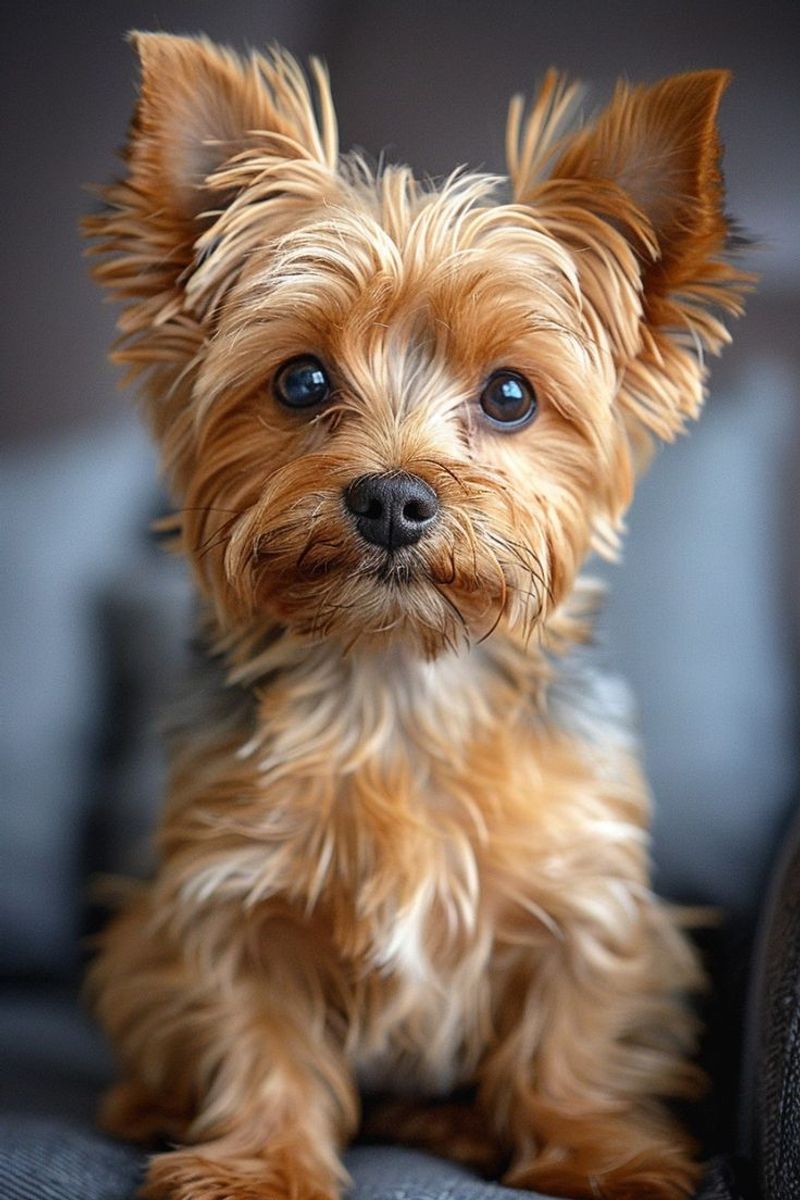
Yorkies are known for their confidence and often act as though they are much larger than their tiny stature suggests. This breed requires regular grooming to maintain their long, silky coat.
Despite their size, Yorkies are energetic and enjoy playtime and short walks. They can be prone to separation anxiety and may become overly attached to their owners. Training should focus on socialization and building independence.
They are perfect for apartment living but can be vocal, so early training to manage barking is beneficial.
18. Shih Tzu
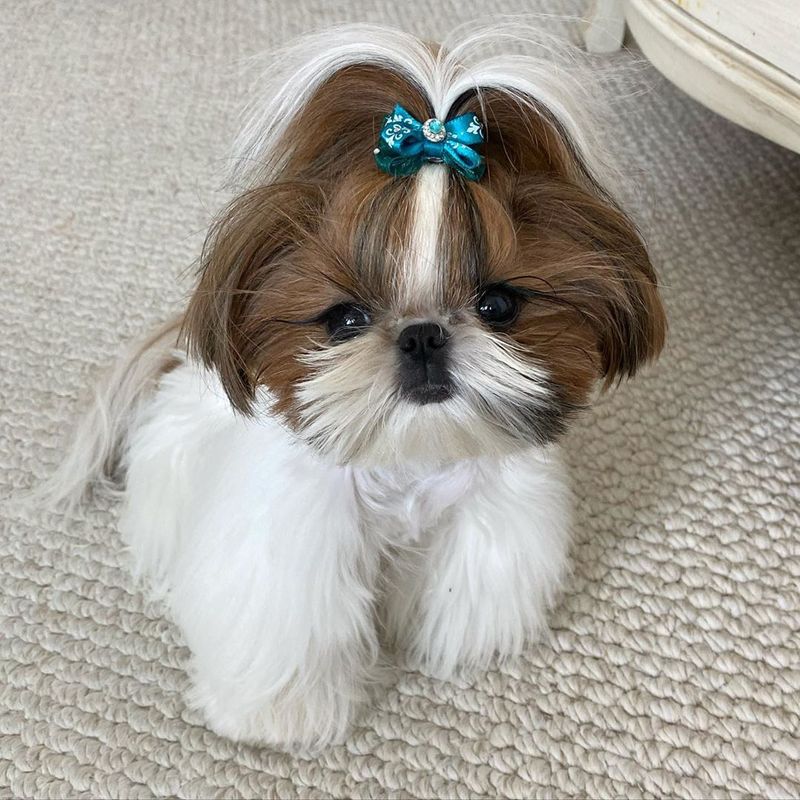
This breed adapts well to family life and enjoy being pampered and included in daily activities. This breed does not require excessive exercise, making them suitable for less active owners or those in apartments. A few short walks and play sessions are enough to keep them happy and healthy.
Regular grooming is essential to keep their coats in top condition. Shih Tzus are generally good with children and other pets, but early socialization can help them become well-rounded companions. Their affectionate nature makes them excellent companions for those seeking a devoted pet.
19. Miniature Pinscher
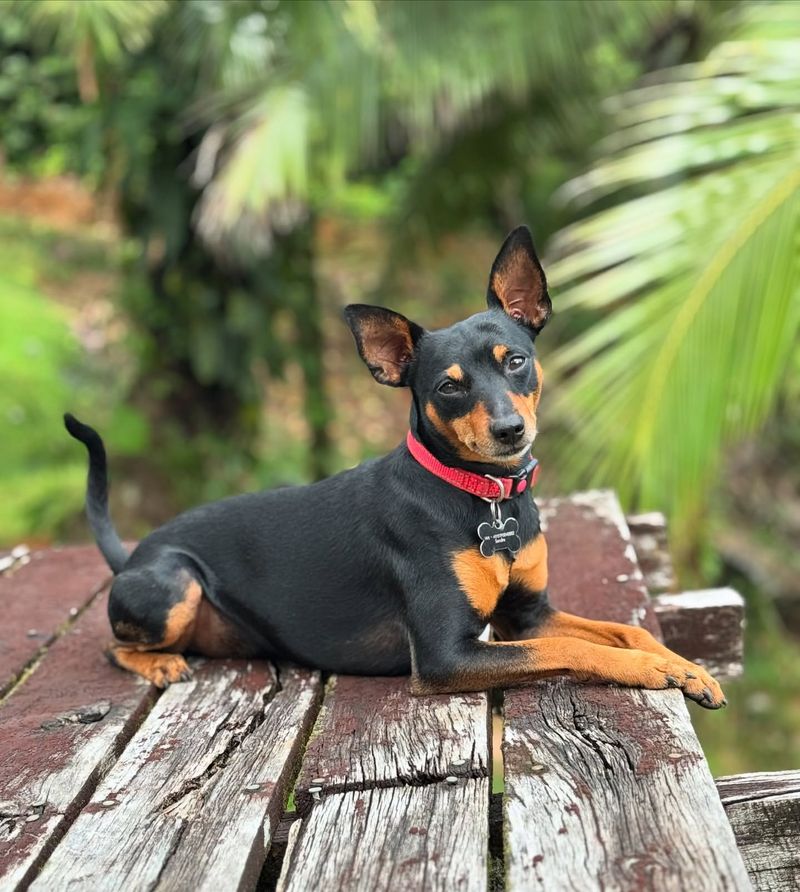
Min Pins are small dogs with big energy. They are spirited and confident, often described as “big dogs in small bodies.” This breed loves to explore and requires regular exercise to channel their energy. Min Pins are intelligent but can be stubborn, so consistent training and positive reinforcement are necessary.
They enjoy participating in activities like obedience or agility, which provide mental stimulation. While they are excellent watchdogs, their vocal nature can be a nuisance if not managed from an early age. Min Pins thrive in environments where they receive a lot of attention and engagement.
They are ideally suited for owners who appreciate their lively spirit and can provide guidance and training.

